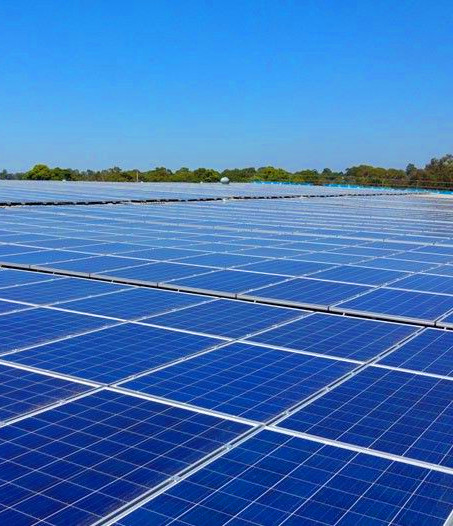AEMC allows panel charge
 The AEMC is allowing power companies to charge Australians with rooftop solar panels for exporting electricity to the grid.
The AEMC is allowing power companies to charge Australians with rooftop solar panels for exporting electricity to the grid.
Australian Energy Market Commission (AEMC) chief executive Benn Barr says Australia’s solar boom is putting increasing strain on the national electricity grid.
He claims households selling excess power back into the grid have put an unmanageable strain on a system that was not designed for this purpose.
“As we go from 20 per cent [of households having rooftop solar] to 50 per cent and beyond, the grid needs to change,” he said.
Mr Barr said the obligation is on networks to get power from people's homes, but they cannot impose flat fees. The scheme should only see charges imposed when there is congestion on the grid.
“We’ve listened to the feedback we have received and have tightened protections for consumers to increase certainty,” said Mr Barr.
This means networks will have to offer a free basic service alongside any paid solar export plans, so people will not have to pay if they do not want to.
“Those with a battery or an electric vehicle could earn for sending energy when it’s needed or save by consuming more of their own solar,” Mr Barr said.
“There are smart devices and set and forget systems out there now to help customers navigate a more dynamic energy system – like delay start functions on dishwashers, and automated systems that control solar inverters to send energy when it’s most beneficial to the grid and the household budget.
“All of this can be as easy as using a mobile phone.”
The AEMC says that based on the latest retail and solar feed-in tariffs in each jurisdiction, 80 per cent of customers should see their bills drop under this reform because they would no longer pay for solar export services they are not using.







 Print
Print